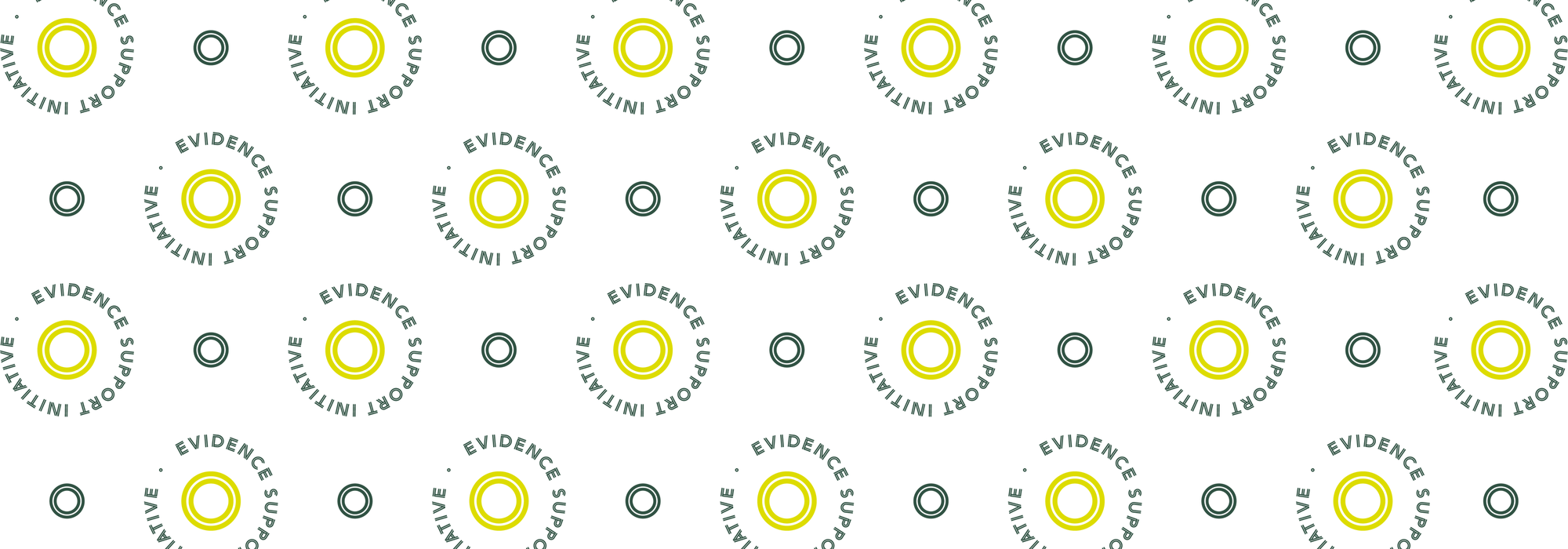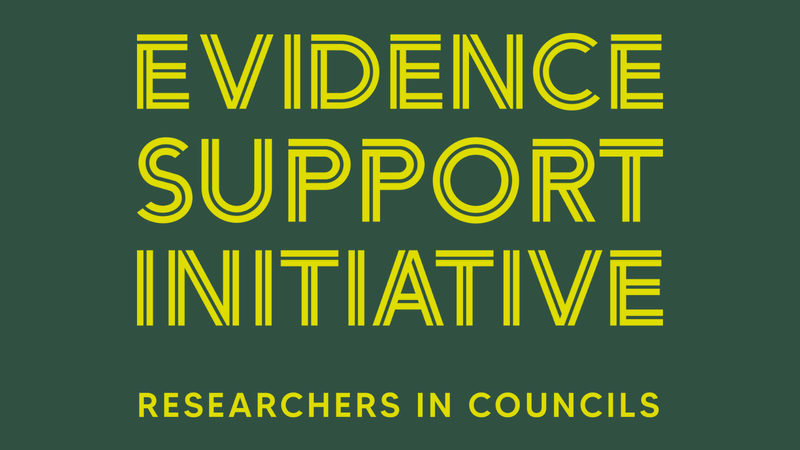The Evidence Support Initiative

Policy decisions that take scientific evidence into account are critical for dealing with the biggest issues we face, like climate change and inequality. Lots of decision making in the UK is now done at a local level, through councils rather than central Government.
On a day-to-day basis councils are making difficult decisions that relate to the environment and climate. Things like:
Should we build more parking?
What type of street lighting should we have?
How can we make our high street safer, to reduce Covid-19 transmission?
What are the environmental impacts of two competing development proposals?
These decisions are easier to make if evidence is available and accessible.
We were awarded a small amount of seed funding from Civic Square’s Dream Fund to pilot placements for scientific researchers to work with their local councils, providing on-demand advice on scientific issues to fit the needs of councillors, and perhaps also passing on the skills to find and use scientific information. The researchers weren't there to advocate and didn't sit as part of the council, their role was simply to help find relevant information that might otherwise not be accessible/discoverable by councils, and to broaden the range of information that the councils have available to use. The pilot began in March 2021 and ended in June 2021, and full pilot write-up is available.
In November 2021 we were awarded further funding from UKRI to bring a group of councillors and scientists together to decide how a national roll-out could happen. This phase of the project was run in collaboration with Dr. Vivek Nityananda (Newcastle University), Dr. Jo Garrett (European Centre for Environment and Human Health), Christine Leiser (Mevagissey Parish Councillor), Martyn Alvey (Cornwall Unitary Councillor) and Mark Williams (Falmouth Town Council Clerk). The full co-developed and reviewed plan for the Evidence Support Initiative is openly available.
Some interesting quotes from our pilot participants:
"it’s made me more aware of how council processes work and made me think about what being ‘neutral’ really means. I’ve also had to question what I thought of as readily available scientific information and think of the ways in which that filters into society. Also I did include it as part of my academic track review and have had my permanent position confirmed!"
"my researcher on the previous project contacted me a few weeks ago. They now work for Cornwall Council and said that their involvement with me was a factor in securing their current job"
"the biggest thing I gained from the project was getting to know my local councillor, which I otherwise would not have! This was a nice surprise – we chat when we bump into one another (even see them in the local gym sometimes haha). So it’s had quite an impact on my personal life in that I know my councillor and can and have contacted them about local issues now. Science-wise, I learnt that the timescales on which scientists and councillors work are quite different which can hinder collaboration."

